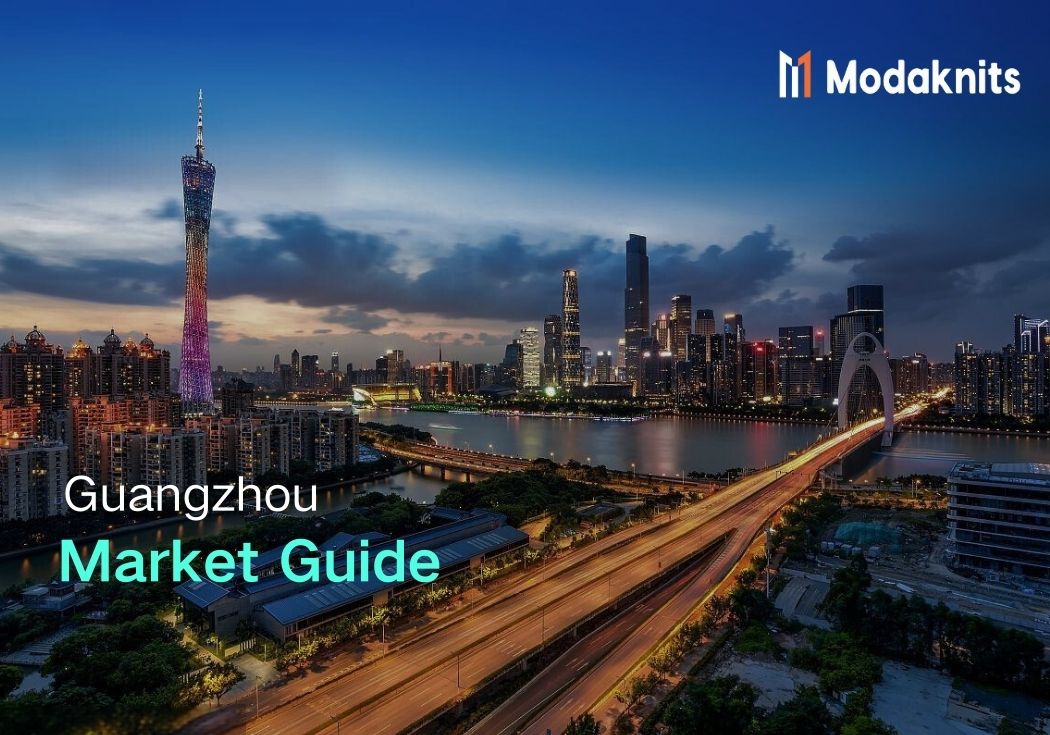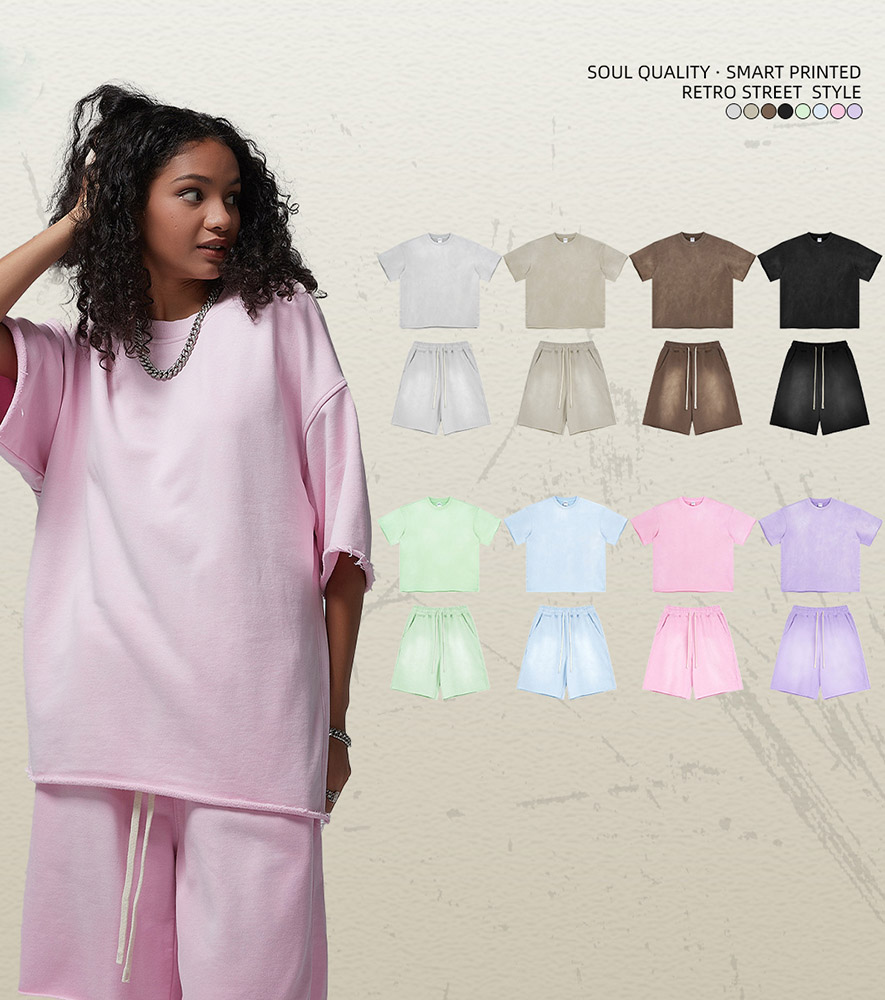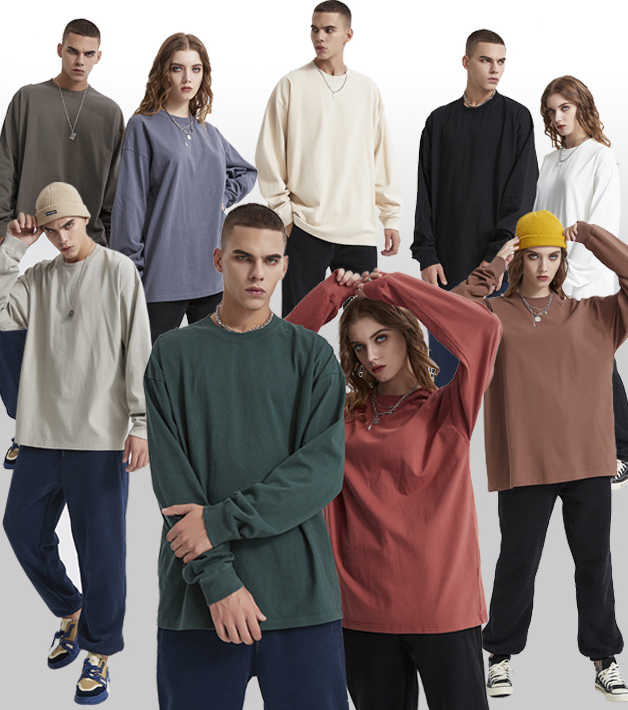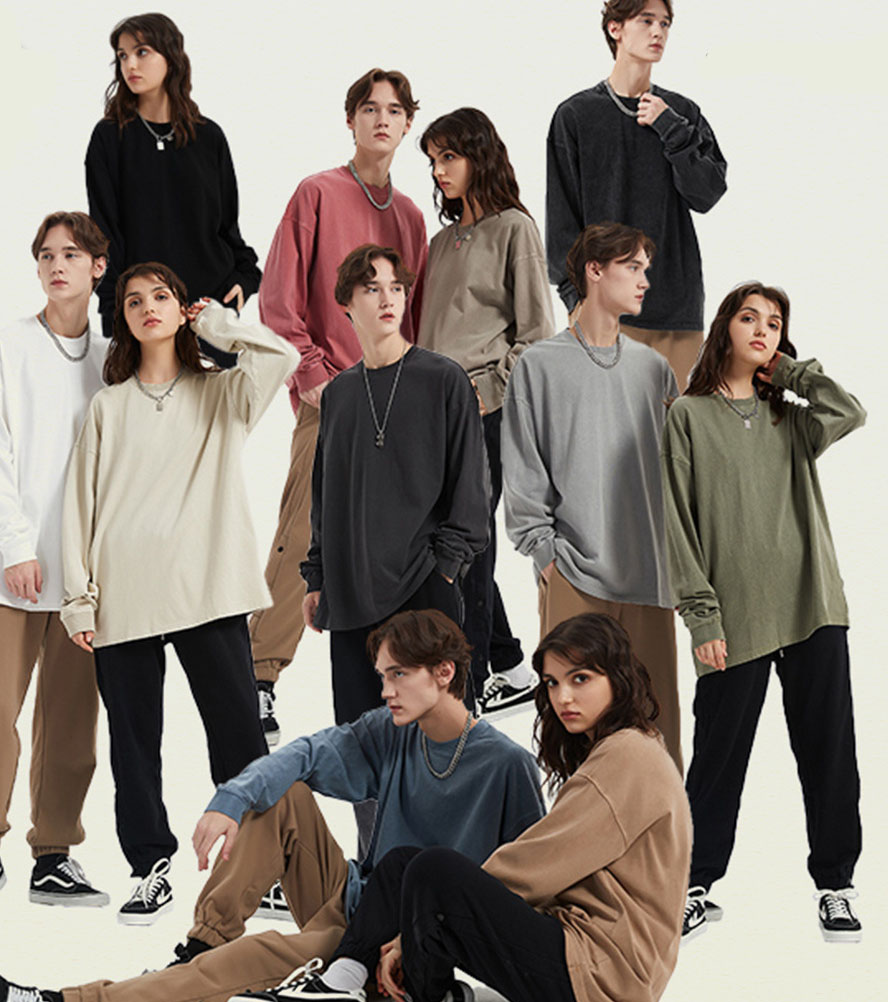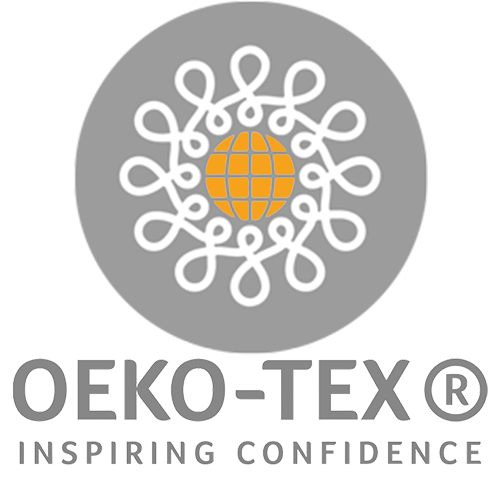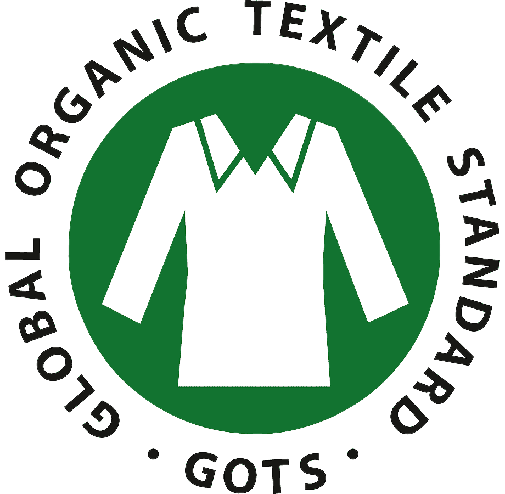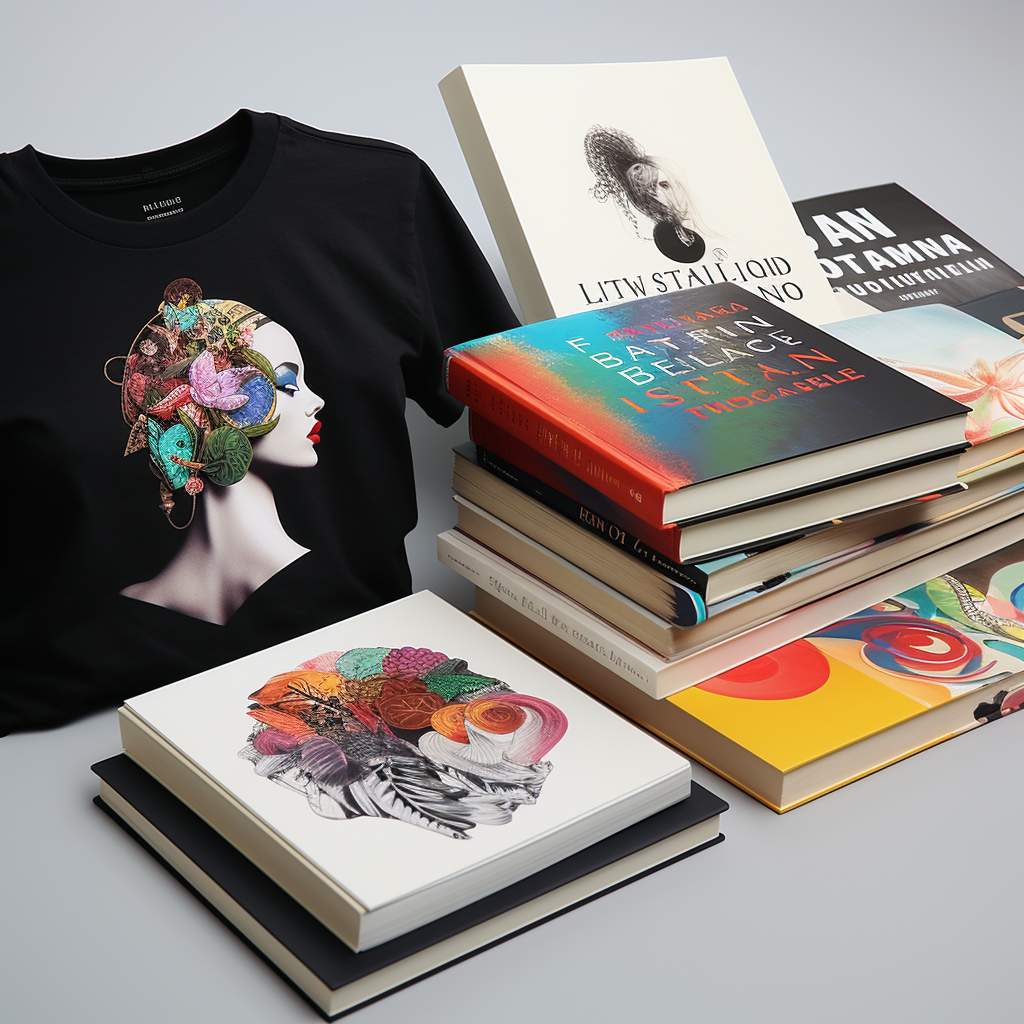Many fashion brands face challenges when trying to pinpoint where iconic labels like Ralph Lauren manufacture their apparel. Not knowing these insights can lead smaller brands to costly sourcing mistakes, ultimately harming product quality, brand reputation, and market competitiveness1.
Ralph Lauren clothing2 is primarily manufactured across Asia (China, Vietnam, Bangladesh, Sri Lanka, India), Europe3 (Italy, Portugal), and the Americas4 (USA, Mexico). While large-scale production is often managed in Asia for efficiency, domestic US factories like Apparel Manufacturing Co Inc5 in Lilburn, GA, play a crucial role by handling premium, specialty, and limited-run collections.
As CEO of Modaknits, I’ve extensively analyzed Ralph Lauren’s manufacturing approach. In this article, I’ll share detailed insights on Ralph Lauren’s global sourcing strategy, domestic production roles, quality management practices, and how niche brands can leverage similar tactics.
Where Are Ralph Lauren’s Main Manufacturing Locations Around the World?
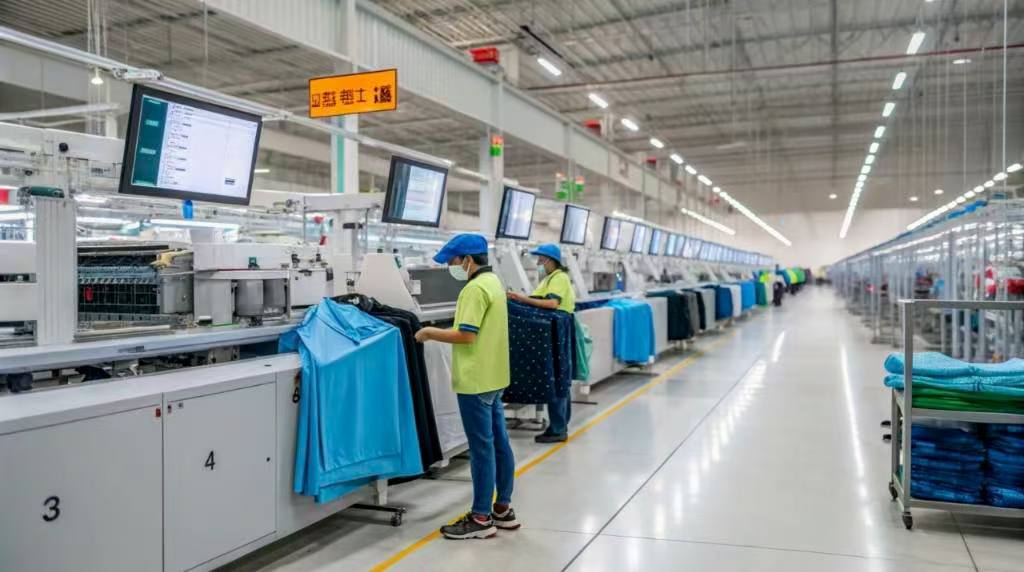
Automated Garment Production
Ralph Lauren strategically diversifies manufacturing globally, balancing cost efficiency, quality standards, and logistics management.
Ralph Lauren primarily produces clothing in Asia (majority), Europe, and the Americas. Asia dominates mass-market production due to cost efficiency, while Europe and North America handle premium apparel, specialty items, and rapid-turnaround projects.
Which Countries Are Most Ralph Lauren Clothes Produced In?
Ralph Lauren’s clothing is largely produced in:
- Asia: China, Vietnam, Bangladesh, Sri Lanka, India
- Europe: Italy, Portugal (luxury lines and specialty collections)
- Americas: USA, Mexico (domestic and specialty manufacturing)
Asian countries handle the majority volume, while Europe and North America are reserved for high-quality, niche apparel lines.
How Does Ralph Lauren Balance Global Production Between Asia, Europe, and the Americas?
Ralph Lauren carefully balances production through:
- Asia: High-volume, cost-effective manufacturing for mass-market apparel.
- Europe: Luxury apparel and premium fashion lines requiring specialized craftsmanship and fabrics.
- North America: Specialized and premium products produced domestically for greater control, quicker response times, and brand authenticity.
This strategic distribution ensures quality and profitability simultaneously.
What Role Do US-Based Manufacturers Like Apparel Manufacturing Co Inc Lilburn GA Play?
US-based manufacturers like Apparel Manufacturing Co Inc significantly contribute to Ralph Lauren’s specialty and premium apparel production strategy, enhancing brand value and responsiveness.
Domestic manufacturers in the US handle specialized, premium, or limited-run apparel lines requiring higher quality standards, faster production cycles, and direct oversight. These factories ensure quality control, speed, and customization that offshore mass production often can’t deliver.
Does Ralph Lauren Work with Domestic Partners for Certain Product Lines?
Ralph Lauren actively uses domestic US manufacturers for specific needs such as:
- Premium and high-end collections.
- Limited-edition or specialized product lines.
- Products needing rapid turnaround, strict quality controls, or customization.
Domestic production provides competitive advantages in speed, quality control, and responsiveness to consumer trends.
How Do Local US Factories Contribute to Quality and Specialty Production?
Local US factories deliver key advantages such as:
| Advantages of Domestic Manufacturing | Benefits for Ralph Lauren |
|---|---|
| Superior Craftsmanship | Ensures premium quality and brand prestige |
| Small-Batch Capability | Enables niche market targeting |
| Rapid Turnaround & Flexibility | Responds quickly to market trends or custom requests |
| Direct Quality Oversight | Enhanced consistency and reduced risks |
How Does Ralph Lauren Maintain Quality and Consistency Across Its Global Supply Chain?
Ensuring consistent quality globally is challenging. Ralph Lauren addresses this through rigorous quality standards, supplier audits, and ethical compliance practices.
Ralph Lauren maintains global quality consistency via stringent quality control processes, frequent supplier audits, comprehensive certification requirements, and a strong commitment to ethical and sustainable manufacturing practices.
What Standards and Audits Are in Place for Ralph Lauren Suppliers?
Ralph Lauren’s quality standards and audit practices include:
- Supplier Code of Conduct: Comprehensive guidelines for ethical labor, environmental impact, and workplace safety.
- Regular Audits: Conducted by internal quality assurance teams and third-party auditors (SGS, Intertek) to ensure standards compliance.
- Certification Requirements: Suppliers must meet international certifications like ISO 9001 (quality), WRAP (ethical manufacturing), OEKO-TEX® (textile safety), and BSCI (social compliance).
How Does the Brand Ensure Ethical Sourcing and Compliance?
Ethical sourcing and compliance measures involve:
- Transparent supplier relationships, with clearly defined ethical expectations.
- Regular independent ethical audits to monitor labor practices.
- Sustainability initiatives to minimize environmental impact.
- Ongoing training and support to suppliers for continuous improvement.
These practices reinforce Ralph Lauren’s commitment to responsible manufacturing.

What Are the Advantages and Challenges of Global Apparel Manufacturing?
Global apparel production brings significant advantages like cost savings and flexibility but also introduces risks related to quality management, logistics complexity, and ethical compliance.
Advantages include cost-efficiency, global market reach, and production flexibility. Challenges encompass quality inconsistencies, logistics complexities, ethical compliance risks, and vulnerability to geopolitical and supply chain disruptions.
How Do Logistics and Costs Affect Ralph Lauren’s Sourcing Decisions?
Key factors influencing Ralph Lauren’s decisions include:
- Logistics Efficiency: Proximity to key markets, port efficiency, and reliable transportation.
- Production Costs: Lower costs in Asian countries, despite potential quality control challenges.
- Tariff and Trade Agreements: Optimizing sourcing locations based on favorable tariffs and trade conditions.
These factors guide strategic global sourcing decisions balancing cost, quality, and speed.
What Risks Does the Brand Manage Across Different Regions?
Major risks managed include:
- Quality Variability: Ensuring consistent product standards across diverse manufacturing sites.
- Compliance and Ethical Risks: Avoiding unethical labor practices and regulatory non-compliance.
- Geopolitical Risks: Mitigating trade tensions, tariffs, and political instability.
- Supply Chain Disruptions: Navigating logistical issues, natural disasters, and global events like pandemics.
Proactive risk management is critical for brand protection.
How Can Smaller Brands Learn from Ralph Lauren’s Manufacturing Strategy?
Smaller brands can apply strategic insights from Ralph Lauren to improve sourcing decisions, manage risks, and build competitive advantages through domestic and global manufacturing partnerships.
Smaller brands should adopt clearly defined quality and ethical compliance standards, cultivate relationships with domestic manufacturers for specialty production, and strategically balance global and local sourcing to enhance efficiency and flexibility.

What Best Practices Can Be Applied from Global Brands to Local Apparel Manufacturing?
Smaller brands can implement these best practices effectively:
- Develop clear, stringent quality standards and regularly audit suppliers.
- Balance offshore production for cost savings with domestic manufacturing for premium quality.
- Proactively manage supply chain risks and disruptions through contingency planning.
- Build transparent and ethical supplier relationships for long-term sustainability.
How Can Partnering with Companies Like Apparel Manufacturing Co Inc Lilburn GA Benefit Niche Brands?
Partnering with local US manufacturers such as Apparel Manufacturing Co Inc benefits niche brands by:
| Benefits of Local Partnerships | Impact for Niche Apparel Brands |
|---|---|
| Premium Craftsmanship | Enhances product differentiation and brand value |
| Smaller Batch Production | Reduces inventory risk and allows market testing |
| Rapid Sampling & Production | Enables faster market responsiveness and flexibility |
| Direct Quality Control | Assures consistent, high-quality product outcomes |
These factors significantly enhance competitiveness and brand differentiation.
Conclusion
Ralph Lauren’s global manufacturing strategy highlights the importance of balancing cost-efficiency, quality standards, and responsiveness through strategic global sourcing complemented by domestic specialty manufacturing. Smaller brands can apply similar tactics by clearly defining quality standards, leveraging local specialty manufacturers like Apparel Manufacturing Co Inc, and proactively managing sourcing risks. By adopting these best practices, smaller apparel brands can build reliable, competitive, and sustainable manufacturing capabilities for long-term success.
-
Learn about the strategies Ralph Lauren uses to stay competitive in the fashion industry. ↩
-
Discover the global manufacturing locations of Ralph Lauren clothing and understand their sourcing strategy. ↩
-
Explore how Ralph Lauren leverages European craftsmanship for luxury apparel. ↩
-
Find out how American manufacturers contribute to Ralph Lauren’s premium and specialty lines. ↩
-
Understand the importance of Apparel Manufacturing Co Inc in producing Ralph Lauren’s specialty apparel. ↩


